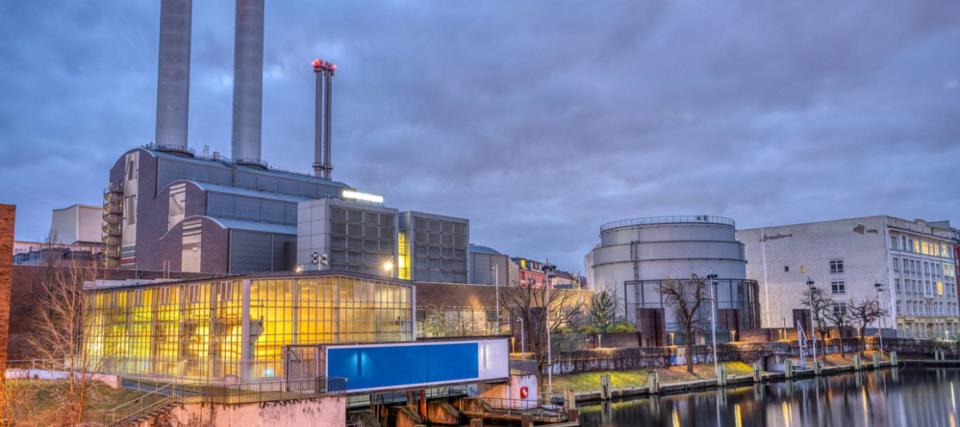Europe could see a devastating ‘Lehman Brothers’ event as power producers face $1.5 trillion in margin calls — here’s how governments across the region are stepping in

Wild swings in the price of natural gas — exacerbated by the halt of supply from the Russian Nord Stream 1 pipeline — is putting pressure on European power producers who now face liquidity challenges and margin calls from brokers.
Governments in Europe are looking at their options to help the producers, which will be critical in warming the continent through a looming winter — potentially without any natural gas flowing from the Nord Stream 1, the most significant supply line to Europe.
Much of Europe has aligned against Russia’s invasion and months of attacks in Ukraine, and Russia has frequently signaled its readiness to halt Nord Stream 1 in response. Now that that’s happened, the markets have predictably responded with volatility. Prices have risen and fallen with breathtaking speed, turning cost certainty into, well, a pipedream.
Don’t miss
Running between the Russian city of Vyborg to Greifswalk in northern Germany, Nord Stream 1 is a vital line that when shut could plunge Europe — only now coming out of intense summer heat that strained the grid — even deeper into an energy crisis.
Russia’s move to halt Nord Stream triggered gas price spikes, adding to the continent’s troubles amidst a sinking Euro and slumping financial markets.
For European utilities, the peril is more complex than Nord Stream going dry. Some are wondering if this marks a sort of “Lehman Brothers” moment for Euro power providers, recalling the days of the United States 2008 housing crisis when risky loans came due on mortgages that buyers ultimately couldn’t afford.
Russia’s cutoff and its effect on natural gas pricing have forced a string of margin calls, which occur when an account’s equity falls below a minimum amount required by the broker. When that happens, brokers usually demand that additional funds be deposited into the account or that assets be sold.
The scenario spotlights a longstanding practice by energy utilities, which typically sell power far in advance in order to guarantee a price. In a volatile market, that strategy becomes a weakness, as utilities must keep a minimum margin should they default before they supply the power.
With prices rocketing up, brokers are making margin calls and forcing utilities to shop around for cash.
Sensing the potentially devastating effect on Europe’s ability to tap reliable energy through a cold winter, governments including Germany, Sweden and Finland have stepped in to shore up flagging utility accounts.
Germany is providing a 7 billion euro package to companies, while Finland and Sweden announced a $33 billion emergency liquidity package — using loans and credit guarantees — to help struggling producers.
For everyday Europeans, the consequences of the market volatility spotlights its profound reliance on natural gas from Russia and its reluctance, at least so far, to adequately curb energy consumption in the face of a widening crisis.
In July, all 27 EU member states voluntarily agreed to cut their gas demand by 15% this winter, but European countries have so far been slow to heed the call. The EU has already signaled that mandatory energy cuts will be considered.
There is some room for optimism. European countries have been busy stockpiling gas before the cutoff, and many believe Russia’s halt marks its most impactful play against European sanctions over Ukraine.
But the first order of business may be understanding how many European power utilities may be at risk of failure because of the margin calls, and what EU governments are prepared to do in response.
What to read next
This article provides information only and should not be construed as advice. It is provided without warranty of any kind.




